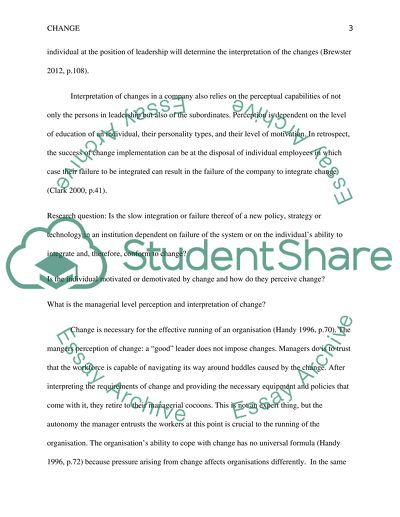Cite this document
(“Human resource management Dissertation Example | Topics and Well Written Essays - 1750 words”, n.d.)
Retrieved from https://studentshare.org/human-resources/1398654-human-resource-management
Retrieved from https://studentshare.org/human-resources/1398654-human-resource-management
(Human Resource Management Dissertation Example | Topics and Well Written Essays - 1750 Words)
https://studentshare.org/human-resources/1398654-human-resource-management.
https://studentshare.org/human-resources/1398654-human-resource-management.
“Human Resource Management Dissertation Example | Topics and Well Written Essays - 1750 Words”, n.d. https://studentshare.org/human-resources/1398654-human-resource-management.


